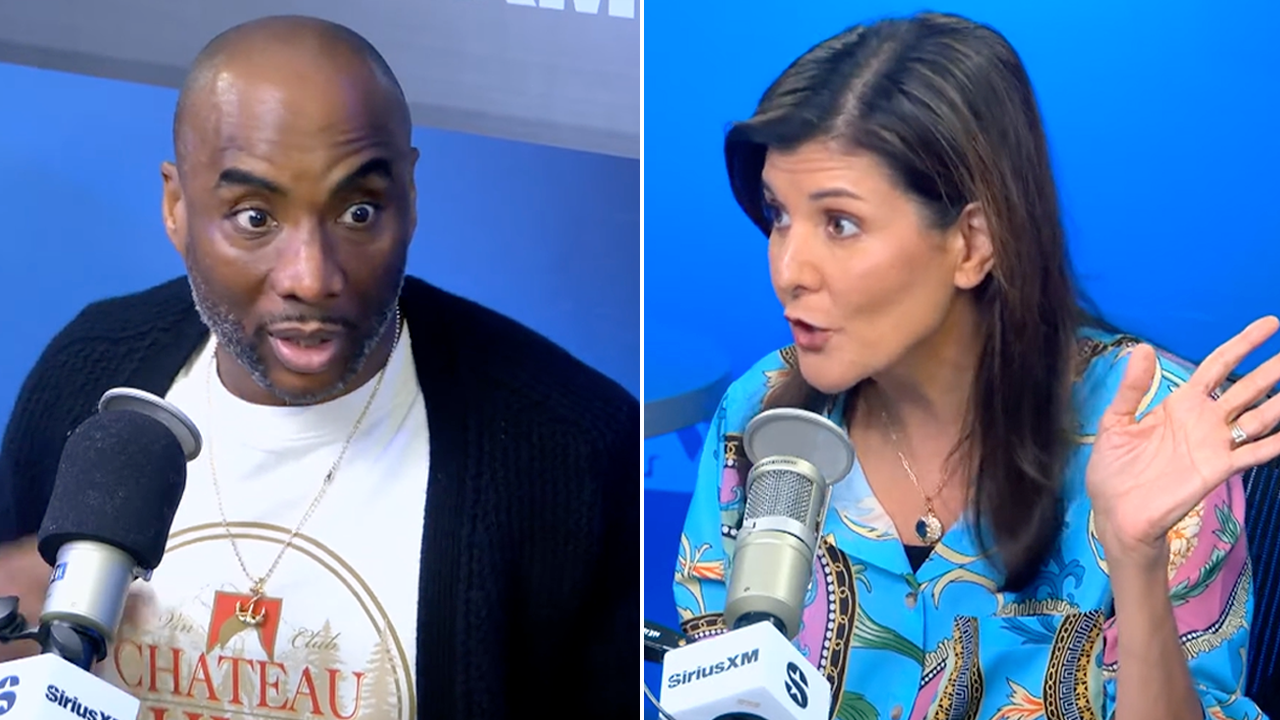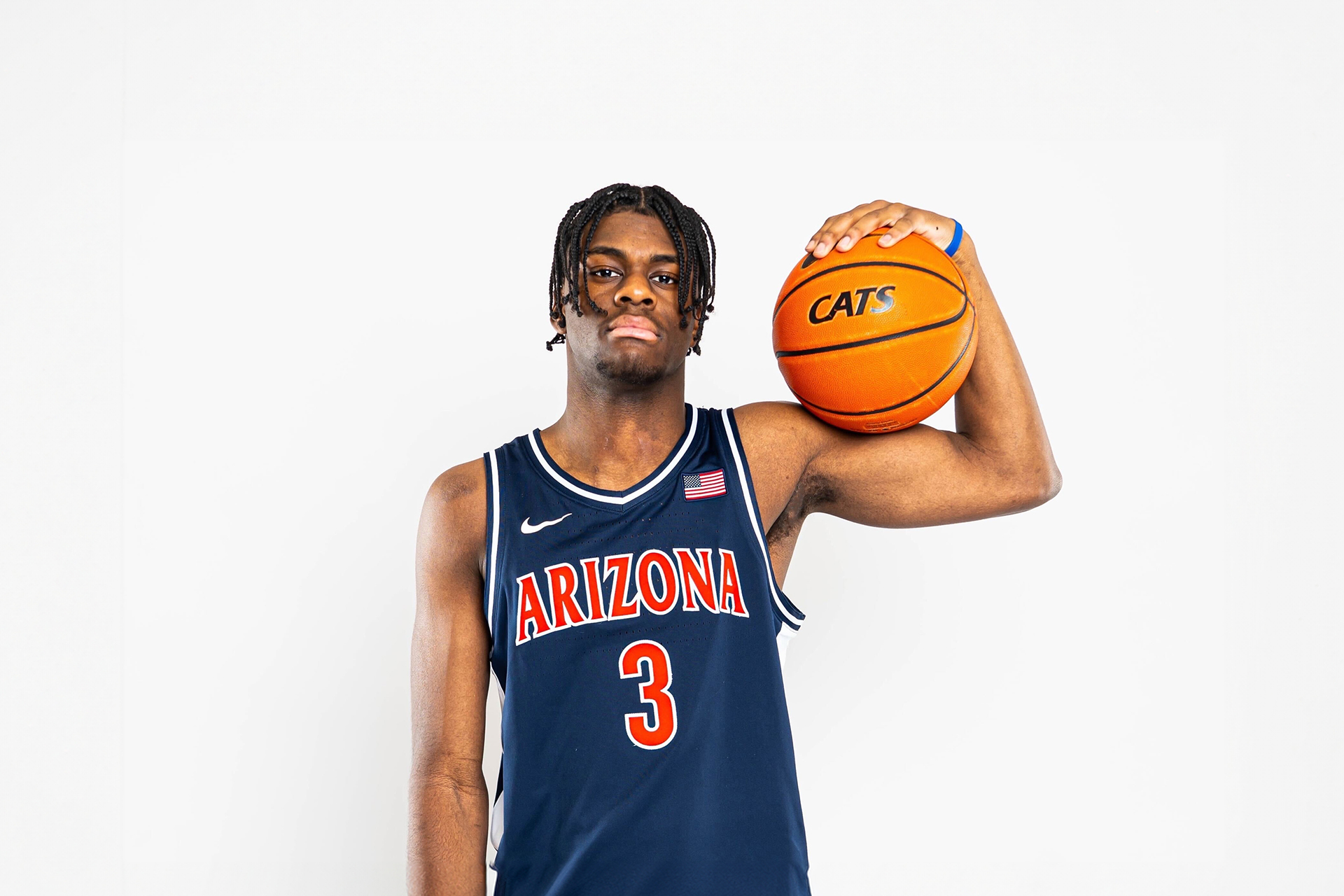To Bowman and Todd DeSorbo, the coach for Virginia and for the U.S. women for the Paris Games, more information allows them to better help their athletes, though the sport’s embrace of data has happened haltingly. Russell Mark, the former high-performance manager for U.S.A. Swimming, who introduced Dr. Ono to DeSorbo, recalled receiving mixed reactions from coaches 20 years ago when handing out paper printouts with race analytics.
“We are just at the cusp of this data revolution in swimming, and the athletes are hungry for it, the coaches are hungry for it, the sport is hungry for it,” Mark said. “You see it with the excitement over what Ken and Todd are doing and the success that they’re having on a program-wide scale. That’s the dream, and that’s the potential.”
The U.S. swimming team in Paris includes six athletes with ties to the University of Virginia. Madden no longer trains at Virginia, but this spring Dr. Ono and one of his interns visited her in Arizona, where they tried out the force paddles that the Australian sprinter Chalmers has used. The data they captured during their testing showed that Madden’s efficiency plunged when she reacted to a swimmer racing in the lane next to her. She felt as if she were going faster, but she was actually out of sync, like a car whose timing belt is off.
Her takeaway for the Olympic trials: Swim her own race. In the final of the 800 freestyle, the second individual event Madden qualified in, she sensed that Jillian Cox, who ended up finishing third, was creeping up on her. But she reminded herself to stay focused on her stroke form. “I was actually thinking about Dr. Ono during my race,” Madden said.
Given her understanding of statistics, Douglass is careful not to say that any one variable has been the reason for her rise in her sport. Later this week, she will compete in the 200 breaststroke and 200 individual medley. Her preparation for Paris has required rigorous attention to detail in her pool and dry land training, sleep, nutrition, race strategy and more. Using math to become a more efficient swimmer has enhanced that work.
As Douglass wrote in the research paper: “Force applied in any direction other than forward is not helping an athlete achieve their dream of Olympic gold.”





















Discussion about this post